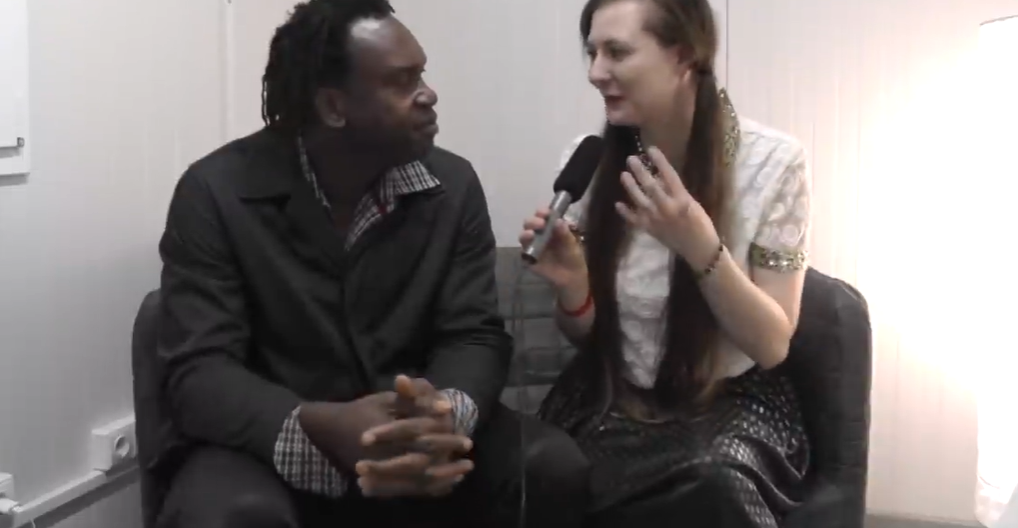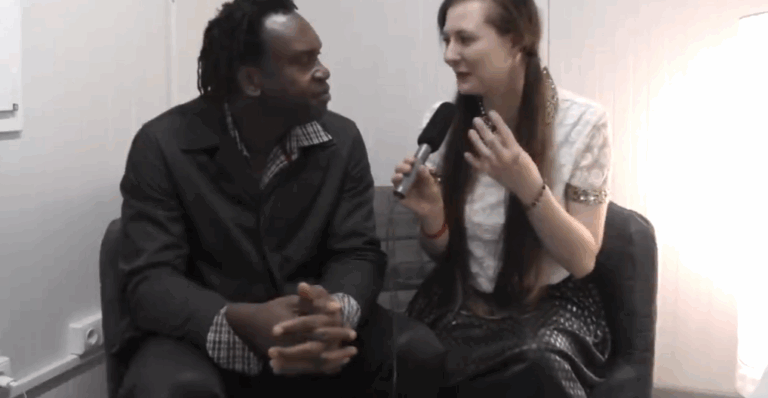At an estimated $5 million as of 2025, Dr. Alban’s net worth has remained remarkably steady, demonstrating both tenacity and foresight. He developed a music career that was remarkably successful in establishing long-term financial sustainability by fusing creative innovation with entrepreneurial instinct. His early hits—especially “It’s My Life” and “No Coke”—were more than just well-known songs; they were significant cultural events on a worldwide scale. Even decades after their release, the royalties and licensing agreements from these songs have made a substantial contribution to his wealth.
Alban, who came to Sweden to study dentistry, was born in Nigeria and brought up with a strong regard for education. In addition to changing the landscape, that trip sparked creativity. He met Swedish producer Denniz Pop while working as a DJ in Stockholm to pay for his dental education, and this led to a musical breakthrough. Together, they produced “Hello Afrika,” a song that quickly spread throughout several nations and made him well-known.
Dr Alban – Bio and Career Table
| Full Name | Alban Uzoma Nwapa |
|---|---|
| Stage Name | Dr Alban |
| Date of Birth | August 26, 1957 |
| Birthplace | Oguta, Imo State, Nigeria |
| Nationality | Nigerian-Swedish |
| Profession | Singer, Producer, Entrepreneur, Former Dentist |
| Genre | Eurodance, Reggae, Dancehall |
| Years Active | 1980s – Present |
| Notable Hits | “It’s My Life”, “Sing Hallelujah”, “No Coke” |
| Estimated Net Worth | $5 million (2025 est., per Popnable/Ken Info) |
| Record Label | Dr Records |
| Reference | en.wikipedia.org/wiki/Dr._Alban |

Alban’s musical style combined reggae, Eurodance, and socially conscious lyrics; this was especially avant-garde in the early 1990s. When “It’s My Life” first appeared on the charts in 1992, it sold millions of copies and shot to the top of several countries’ charts. The message of the song, which was based on individual liberty, struck a chord with many people and was subsequently featured in commercials and remixed by a number of international musicians. Just that one song generated incredibly long-lasting royalties for years.
Dr. Alban has sold over 16 million records worldwide in the last thirty years. He made certain that he received direct revenue from both legacy sales and more recent streaming services by controlling the rights to his music through his label, Dr Records. Remixes and viral moments have brought his catalog back to prominence in recent years as 90s nostalgia has grown. The frequency of streams and worldwide license requests has significantly increased as a result of this renewed exposure, particularly in Europe.
Alban adapted swiftly to the pandemic. In an effort to promote safety during COVID-19, he released socially conscious remakes of his earlier work, “Hello Sverige” and “Hello Nations.” These songs supported his brand identity—thoughtful, vivacious, and purpose-driven—even though they didn’t chart. He maintained his visibility in a cutthroat industry where many musicians quietly fade away by performing music with social significance.
Alban’s financial practices have also been especially wise from a business perspective. He stayed away from extravagant excesses, in contrast to many of his peers who faced financial ruin following their commercial peak. His private life changed somewhat after his divorce from Swedish teacher Katrine Hermansson in 2021, but there were no rumors of financial instability. His scholastic rigor and medical training appear to have influenced his disciplined way of living.
One of the main factors sustaining Dr. Alban’s wealth has been his ongoing relevance in markets such as Scandinavia, Eastern Europe, and portions of Africa. Alongside other 90s performers like Haddaway and Basic Element, he regularly serves as the main act at concerts with a retro theme. These performances, which are frequently attended by audiences of all ages, continue to be surprisingly lucrative and provide steady touring revenue. Through the use of professionalism and nostalgia, he has developed a very effective performance model.
Alban has maintained financial flexibility through strategic partnerships, like the 2020 song “Life Is Now,” and digital distribution through streaming and direct-to-fan platforms. His choice to use digital singles rather than traditional album releases was especially advantageous for preserving ownership and increasing profit margins. Even though they are paid out on a smaller scale, royalties from each release continue to add layers to a varied revenue stream.
Dr. Alban’s legacy has had a significant impact that goes well beyond just music. He helped Afrobeat artists like Burna Boy and Wizkid succeed later by being one of the first African-born musicians to make it into the European pop scene. Even though their approaches are very different, Alban’s route—transcultural, multilingual, and self-motivated—remains a motivational model.
In addition, he has received cultural recognition as the “Ogbuagu,” a Nigerian chieftaincy title that enhances his public image with prestige and cultural nuance. This honor is more than just symbolic; it highlights a lifetime of bridging continents through identity and music. Through the integration of his Igbo heritage with Swedish modernity, Alban embodies the combination of global adaptability and cultural fluency.
Even though Dr. Alban’s name might not be at the top of the charts in 2025, his influence endures thanks to mentoring, streaming, and sampling. His work is frequently credited as groundbreaking by younger musicians, particularly when it comes to genre fusion and multilingual lyrics. His revenue now comes from the infrastructure he established around his previous hits, including international licensing, performance rights, and publishing.
While the wealth of other artists with short cycles of fame frequently disappears, Alban’s structure holds firm. His fan base is devoted, his business model is remarkably self-sustaining, and his catalog is streamed worldwide. He still records and performs, and he still owns his work.


